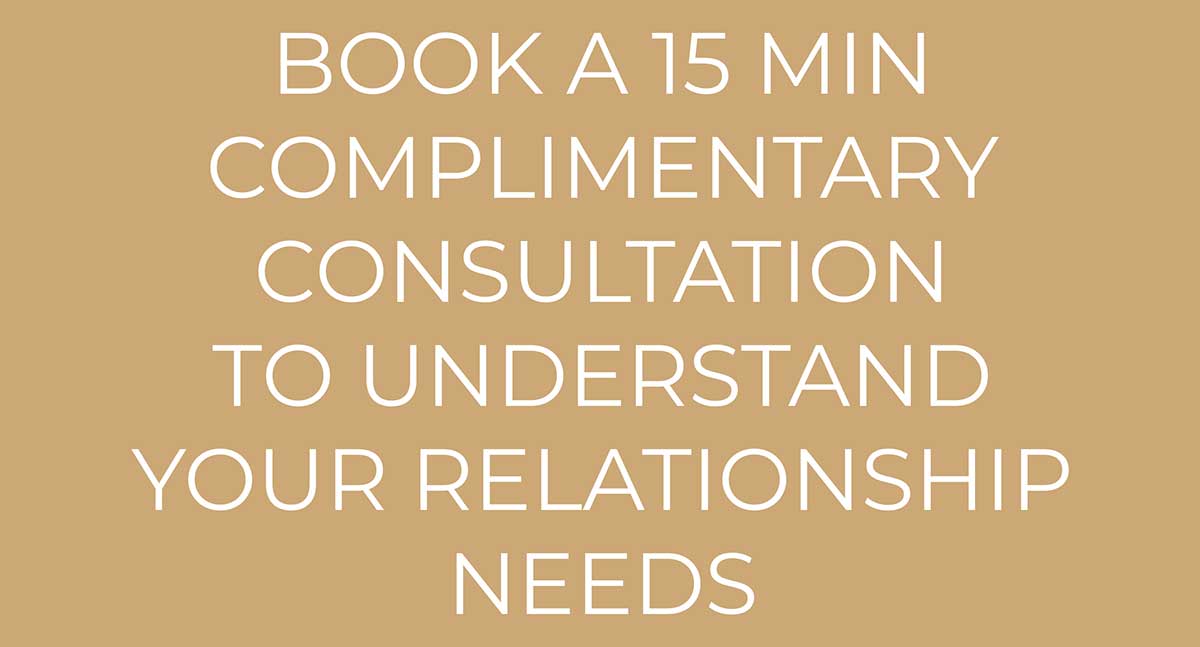
A loving relationship is key to keeping your daily emotional and mental health intact, more so than many studies anticipated before. To be in a loving relationship with someone and envision a future together, even if a little anxious or nervous in the early stages, is a powerful heart opening experience like no other. Later on if the relationship develops: a loving, secure relationship significantly impacts confidence, inner security, fulfillment and happiness. It is now becoming clear the impact a loving relationship has on our health, due to dramatically reducing daily stress, increased emotional regulation, and so increased joy and happiness.
Studies Confirm
It is now proven that having a loving partner reduces daily anxiety levels and controls cortisol production. A study conducted at Brigham Young University showed that being in a loving relationship is a huge stress-reliever during moments of crisis. Quoting Wendy Birmingham, the lead researcher of the study, “When we have a loving relationship next to us and with us, it helps us navigate and get through the stress we have to deal with in life.”
Similarly, another study by the same University in 2018 showed that when romantic partners hold hands, their breathing, heart rate, and even brain wave patterns actually sync up, which enables them to relieve both emotional and physical stress and pain.
Apart from these two studies, there are now a number of studies that show people in loving relationships tend to be healthier and live longer, when compared with those struggling in relationships, or not in relationships at all. Moreover, couples in loving relationships are more able to cope with emotional or mental issues much more effectively.
Another study published in 2010, conducted by Comparative Human Development at the University of Chicago in collaboration with Northwestern University showed that a loving bond with another person alters hormones in a positive way and helps to reduce stress. A loving relationship results in reduced production of cortisol, the primary stress hormone in the human body. Cortisol has a negative impact on our emotional, mental and physical health.
They studied a team of 500 master’s degree students at the University of Chicago Booth School of Business. For the study, they were asked to play a series of computer games that tested their economic behaviors. The test was intentionally made to be a potentially stressful experience for the team. To measure the hormonal levels and changes, their saliva was taken before and after the games. In the research, the cortisol concentrations resulted high in all the participants. It was noted that females experienced a higher average increase than the male counterparts. Moreover, the testosterone levels in males saw a dip during the activity.
According to Dario Maestripieri, the lead author of the study who shared the results: single and unpaired individuals are more responsive to psychological stress than individuals in a loving relationship. A finding consistent with a growing body of evidence showing that a loving relationship and social support, buffer against stress. They found that unpaired individuals of both sexes had higher cortisol levels than paired individuals and so concluded that a loving relationship has a dampening effect on cortisol responses to psychological stress.
Even an Early-Stage Romantic Relationship Reduces Cortisol Production
Healthy romance is important at the start of a relationship, but if you really care for one another ‘date nights’ should continue throughout a loving relationship. We all need experiences with others to look forward to, but it is interesting to know early-stage romantic relationships alter the stress responses of the body positively too. Another interesting study explored the relationship between cortisol and interactive behavior during the initial stages of a romantic relationship. The study, published in Adaptive Human Behavior and Physiology, concluded that new lovers exhibited lower daily cortisol production and blunted cortisol awakening response (CAR) when in early stage dating. In other words, a goal-directed partnership and on-going loving communication in the relationship also resulted in reduced daily cortisol production. When you enter into a romantic, loving relationship with someone and bond with that person, it keeps your stress levels low.
Summing Up
A loving relationship with the right person, has a profoundly positive impact on your emotional and mental health for many reasons. Positive physiological and psychological changes happen in your body as positive emotions flow through your body and mind, we know this, we feel it, but now studies and research confirms it. A loving relationship triggers a cascade of positive chemicals in the brain that counteract cortisol, the hormone responsible for the stress response of the body, and that emotional, stressful feeling. The above-mentioned studies have all explored the effect of a loving relationship on the production of daily cortisol in the body. It is now clear that a loving relationship reduces daily cortisol production and so contributes to the feeling of improved physical and mental well-being of both individuals, as long as it is truly loving and caring.
References
- https://news.uchicago.edu/story/marriage-and-committed-relationships-reduce-production-stress-hormones#:~:text=Marriage%20and%20committed%20relationships%20reduce%20production%20of%20stress%20hormones,-Aug%2018%2C%202010&text=Being%20married%20has%20often%20been,a%20way%20that%20reduces%20stress.
- https://journals.plos.org/plosone/article?id=10.1371/journal.pone.0212703
- http://primate.uchicago.edu/2010Stress.pdf
- https://link.springer.com/article/10.1007/s40750-014-0007-z#:~:text=New%20lovers%20exhibited%20lower%20daily,associated%20with%20lower%20daily%20cortisol.



